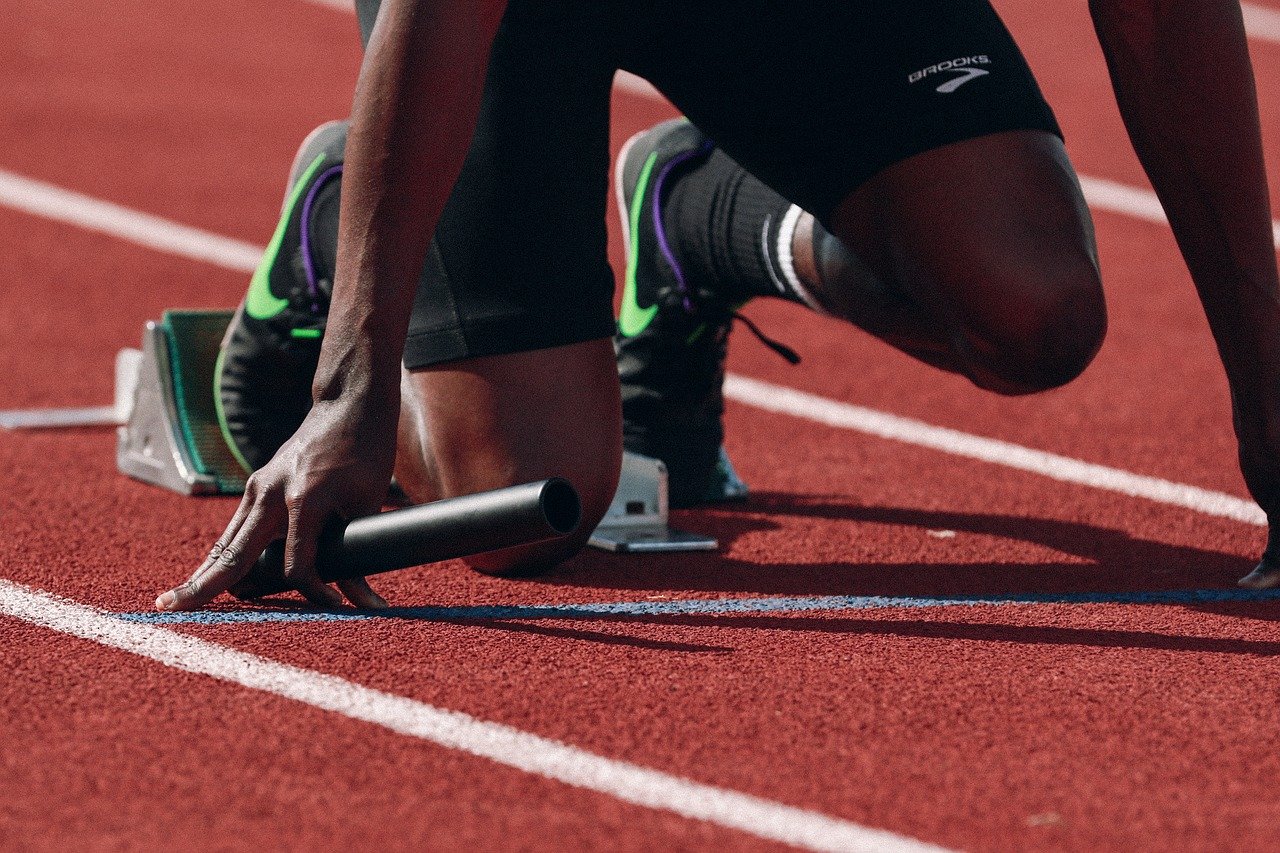
For a unanimous recovery of sport!
For a unanimous recovery of sport!
Since March 17, 2020, French sport, like many other sectors, has been paralyzed by confinement requirements imposed by the Covid-19 health crisis. From big stadiums to local gymnasiums, all infrastructures have been orphaned of the athletes and activities they usually host. Although its necessity is undisputable, this lack of activity is producing devastating and immediate consequences on the entire sport ecosystem, whether it concerns professional sport, amateur sport but also, « Sport for All »1. Today, the sport sector still awaits concrete solutions and measures to deal with this crisis.
French sport at a standstill, toward the withering of a medium of social cohesion
To tackle the emerging concerns of sport protagonists, Sport and Citizenship together with La Centrale du Sport have launched a national survey aimed at club officials and members to measure the impact of the health crisis on amateur sport. The purpose of this study is to understand the short- and medium-term economic consequences for these structures, but also to examine the social role they play on a daily basis and to highlight their importance. The first results of this survey highlight a clear observation: beyond their competitive nature, amateur clubs are first considered by the practitioners themselves as a space of socialization. For Sport and Citizenship, it is essential to maintain strong political support for sport because it represents an important leverage of social cohesion that can ease the crisis recovery process.
However, if sport can be seen as such, it must not be seen as a magic tool. This assumption is essential when considering “sport-for-all”, where sport is likely to be used as a vehicle for social inclusion for vulnerable and disadvantaged populations. To this end, it must be carefully handled and tailored in order to avoid that social situations of violence or defeat would not repeat themselves. Without any real support Sport for All stakeholders, weakened by the contextual tension of the ecosystem, will not be able to respond effectively to this challenge- an essential one in regard to public health and social progress. The urgency is real, and building the solutions that will contribute to dealing with it invites us all to imagine solutions collectively, that is to say on a European scale also.
To think over grassroots sport’s financial structure
As a European Think tank, Sport and Citizenship can only make the discouraging appraisal that across Europe, grassroots sport is weakened by the crisis. Local stakeholders and sport clubs face difficulties because they are financially dependent. A research2 that focuses on the impact of the 2008 crisis on sport in Europe shows that grassroots sport was the most affected among the sport sector, regardless of its national financial structure. The result was identical whither grassroots sport fed off public resources (like in France), or private entities (like in countries of southern Europe). On the other hand, other sport sectors such as sport events, were much less severely impacted.
This begs the question is grassroots sport facing a structural fault? It might be, and current initiatives flourishing to rethink a more sustainable sport for tomorrow are of good omen. In this regard, having a European vision is of equal importance. Be it through cooperation or by inspiring one another, European countries can be the instigators of a new and sustainable grassroots sport model. The current crisis will unquestionably rekindle the debate on financing grassroots sports within the internal market3.
Needed support at the European level Sport and Citizenship and the SHARE initiative have taken a clear stand, calling for sport to be included in the support and recovery mechanisms to help face the ongoing sanitary crisis and that are currently being discussed at EU level.
In Europe, research indicates that sport-related employment represents 5.67 million people and that sport-related GDP amounts to 279.7 billion euros annually4. The ongoing Covid-19 crisis has already brought negative consequences on all sport stakeholders- be they amateur or professional clubs, the sport industry, but also athletes, coaches and freelancers. In addition to the difficulties faced by sport clubs, and especially by the smallest ones, it is in fact the physical activity, health, social cohesion and well-being of every European citizens that are compromised. And this is why European and national initiatives to address the consequences of the crisis must live up to what sport, and its stakeholders, bring to society.
Looking towards the aftermath of the COVID-19 crisis, sport should not remain in the comfort zone of what it once was. Quite the contrary, Sport and Citizenship encourages all involved to take this time as an opportunity to develop promote social innovation. To do so, it is absolutely crucial that the sport of tomorrow be granted with the necessary human and financial resources it requires, in addition to strong policies that open up the way for sport to fully embody and embrace its role as a driver of social cohesion.
PDF – “Position paper on the impact of the COVID-19 crisis on the sport sector”

